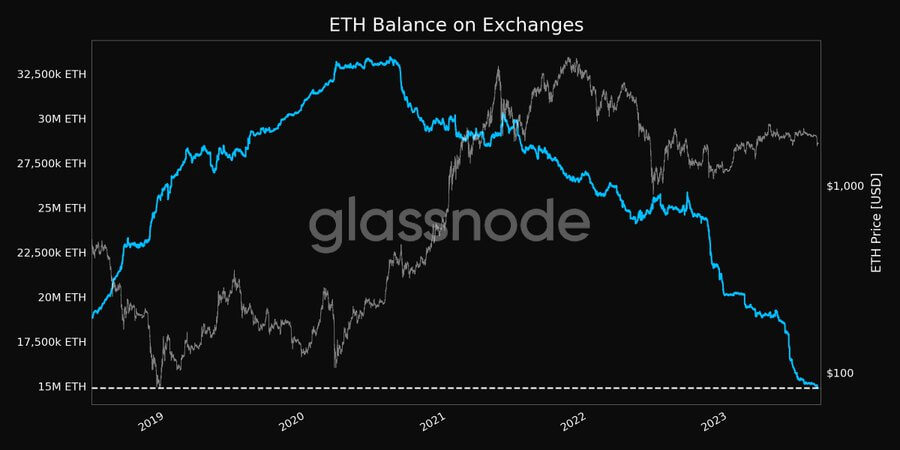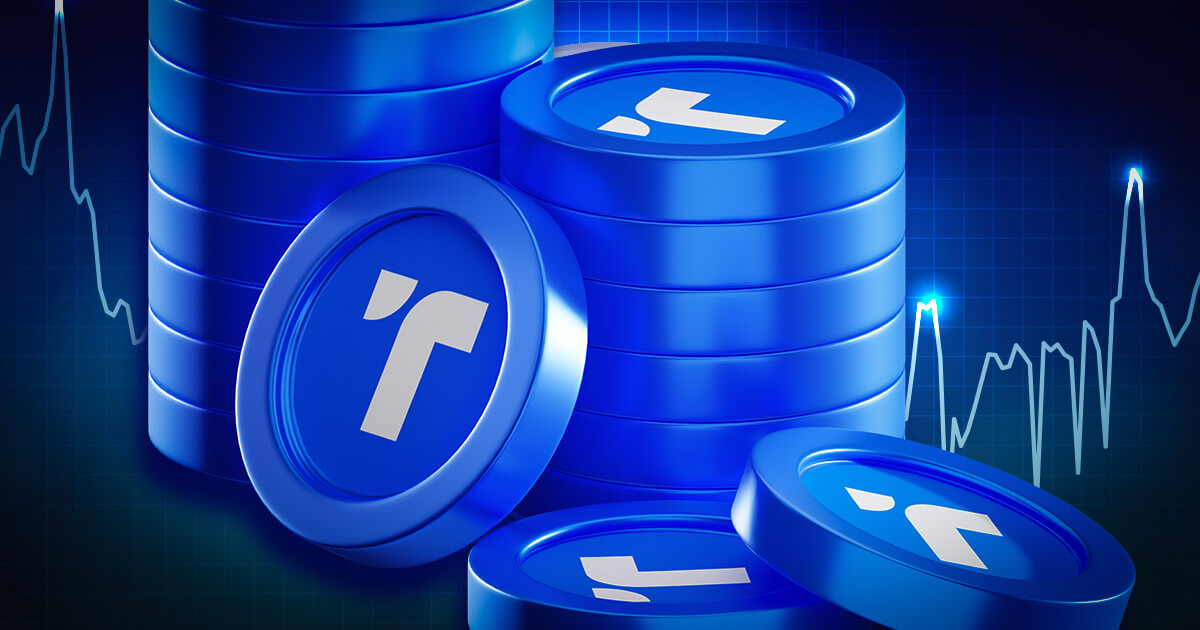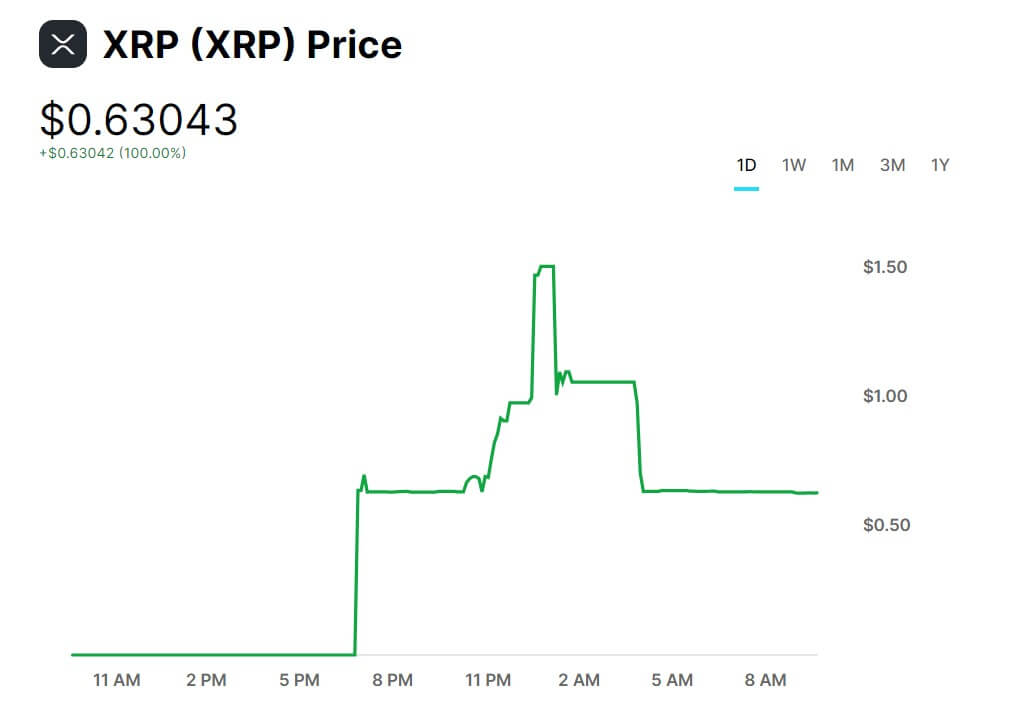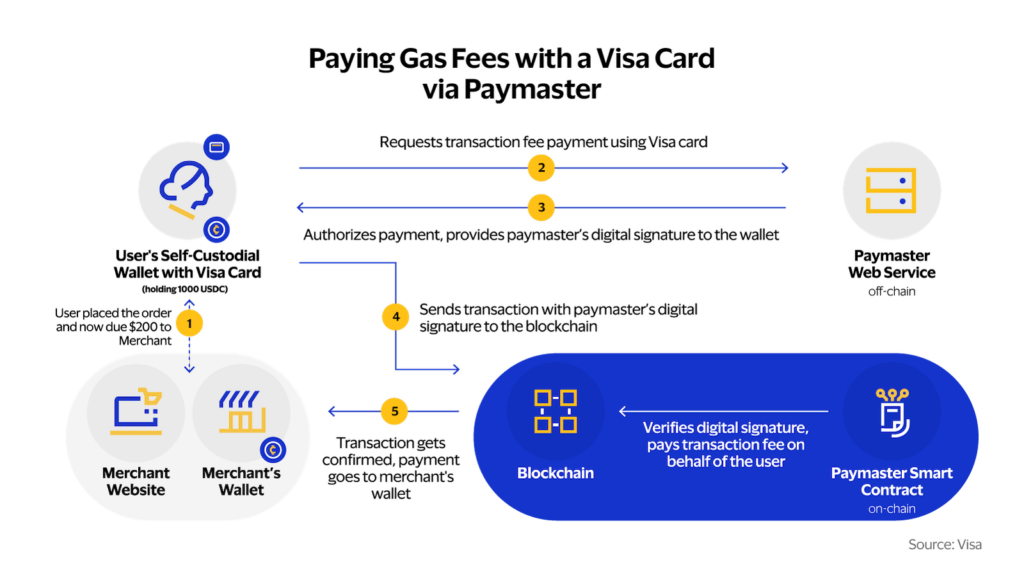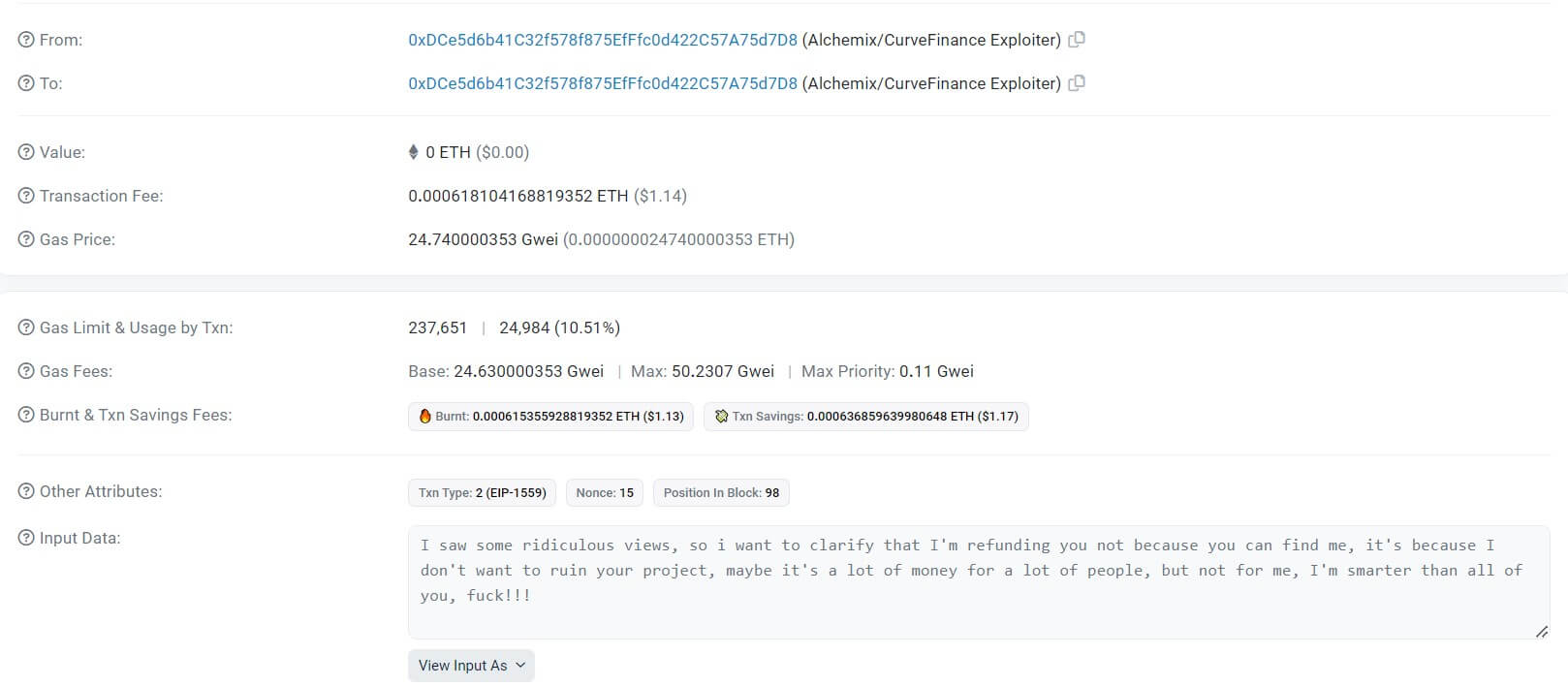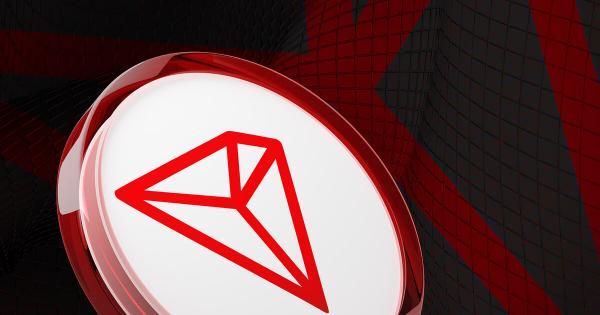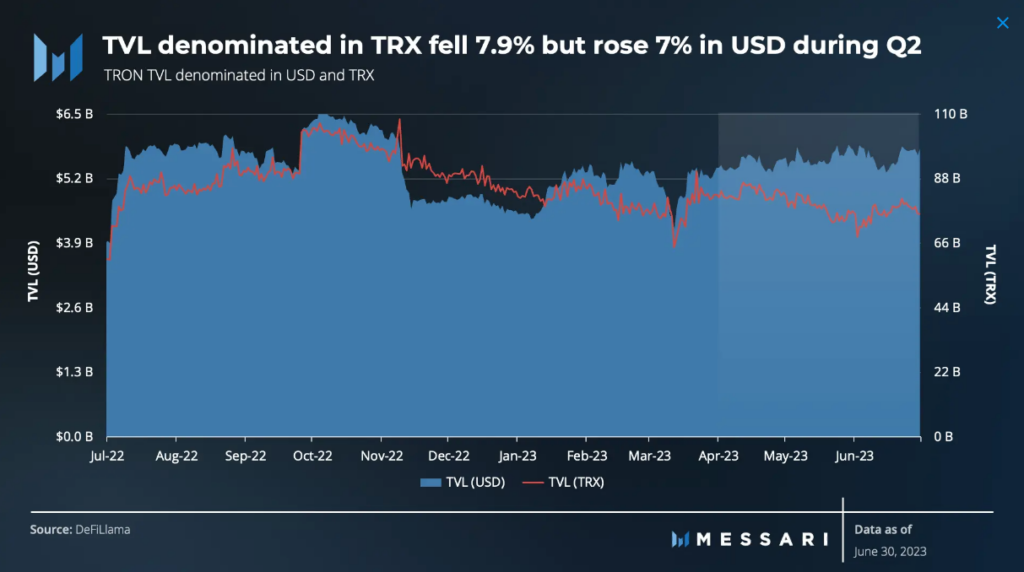cyptouser1 years ago281
Information on social media platform X(formerly Twitter) suggests that Friend.tech founders 0xRacerA...
Vitalik Buterin stirs market uncertainty with $1M Ethereum transfer to Coinbase
cyptouser1 years ago304
According to on-chain data, a wallet associated with Ethereum (ETH) co-founder Vitalik Buterin...
Ethereum’s new ‘Holesky’ testnet to launch in September
cyptouser1 years ago368
In an Aug. 17 meeting, Ethereum developers discussed developments around a new t...
HBAR surges 15% as FedNow support Hedera-based Dropp for real-time transactions
cyptouser1 years ago335
...
Ethereum MEV incentives limit decentralization new report shows
cyptouser1 years ago288
On blockchain networks like Ethereum, decentralized validation underpins the entire ecosystem....
Gemini ‘razor-thin’ liquidity pushes XRP price to momentarily hit $50
cyptouser1 years ago302
A price glitch on Gemini saw the value of Ripple’s XRP rise above $1 on Aug. 10 after the...
Visa introduces way to pay gas fees with your credit card
cyptouser1 years ago290
Visa is taking significant strides toward simplifying blockchain transactions. In what could be a ga...
Worldcoin global ID demand doubles despite regulatory hiccup, WLD token turbulence
cyptouser1 years ago305
Worldcoin claimed that demand for its global World ID verifications doubled during the first week of...
Curve attacker begins to return stolen funds after bounty issued
cyptouser1 years ago313
The attacker who targeted Curve Finance, a decentralized finance (DeFi) protocol, has begun returnin...
TRON ecosystem grows amid increasing DeFi activity
cyptouser1 years ago321
The TRON (TRX) network exhibited considerable growth in Q2 in daily active accounts, new accounts, a...




